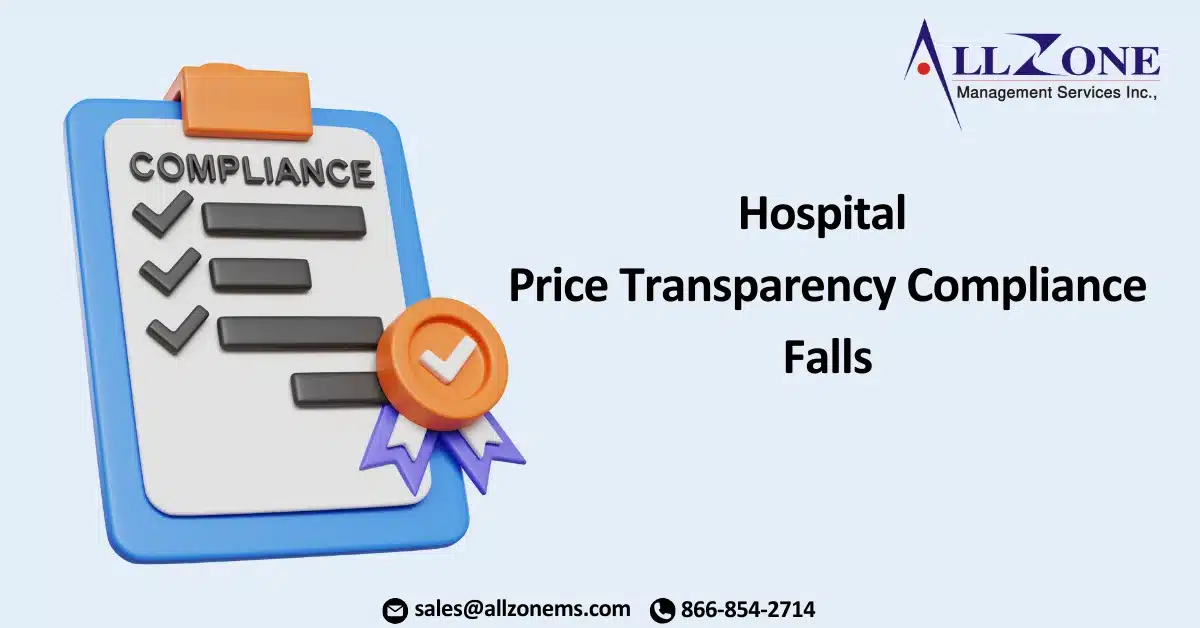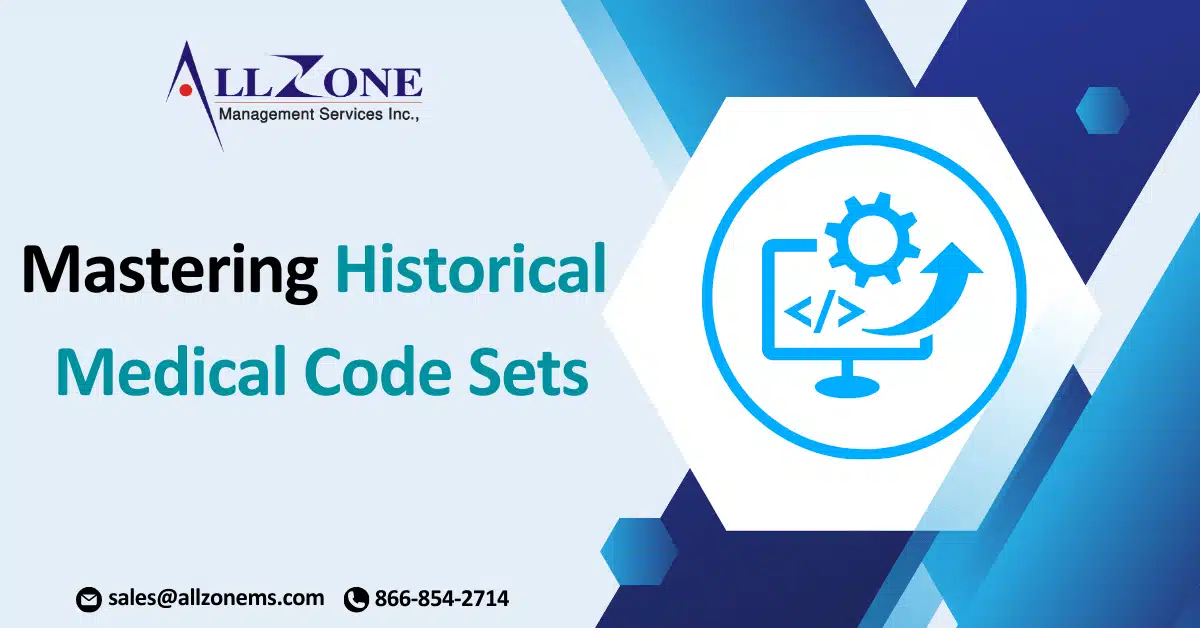The healthcare industry is in a perpetual state of change. A significant milestone occurred when the United States mandated the use of ICD-10 billing codes. This shift transformed billing procedures for medical providers, from solo physician practices to large hospitals. As a result, ICD10 medical billing outsourcing has become a critical solution for managing the […]
Compliance with federal price transparency rules among hospitals dropped significantly, from 34.5% in February to 21.1% in November 2024, per a report by Patient Rights Advocate (PRA). This decline highlights the challenges in achieving full Hospital Price Transparency Compliance. The drop is attributed to weak federal enforcement, which has allowed hospitals to obscure pricing information […]
Remaining up-to-date is essential in the healthcare industry, but relying solely on current codes isn’t always the best approach. When auditing, handling appeals, or researching code usage for past encounters, a solid grasp of the descriptors and guidelines applicable during the date of service (DOS) can profoundly impact outcomes. Here’s a concise guide on effectively […]
During pediatric cardiology internship, witnessed this firsthand. A claim filed nearly a year earlier remained unpaid. The initial denial was due to a missing prior authorization number, a detail buried within the EMR. Unfortunately, the outsourced healthcare billing team took months to decipher this information, causing significant delays in reimbursement. This year-long ordeal highlights the […]
Charge Capture in Healthcare, a critical component of the revenue cycle management process, involves the accurate and timely documentation of all services rendered to patients. This includes procedures, tests, medications, and other healthcare services. While it may seem like a simple task, effective healthcare charge capture is essential to ensure optimal revenue cycle performance and […]
Chronic Care Management codes are increasingly being adopted by healthcare providers to address care fragmentation for patients with multiple chronic conditions. However, a recent study published in the American Academy of Family Physicians suggests that while CCM is gaining traction, challenges persist in its implementation and reimbursement. A Growing Trend The study, which analyzed Medicare […]
Claim denials continue to pose a significant challenge to healthcare claims management. Recent surveys indicate a substantial increase in denial rates, with many providers experiencing denial rates exceeding 10%. This issue has far-reaching consequences, impacting operational efficiency, financial stability, and ultimately, patient care The High Cost of Denials Healthcare providers face substantial financial losses due […]
Thanksgiving Day, while a time for celebration and gratitude, can sometimes present unforeseen medical challenges. To assist healthcare providers in accurately coding these instances, we have compiled a list of relevant Thanksgiving ICD-10 codes. Here are a couple of Thanksgiving ICD-10 codes you might find useful this Thanksgiving season: W61.43: Pecked by a Turkey, Initial […]
The healthcare industry continues to face significant challenges, driven by value-based care initiatives, evolving payer models, and increasingly stringent regulations. To optimize revenue cycle management and ensure financial sustainability, healthcare providers must adapt to these changes . The COVID-19 pandemic exacerbated these challenges, leading to historically low margins and high costs, particularly in labor. Simultaneously, […]
Often, a seemingly routine preventive visit or minor surgery can take an unexpected turn when a patient mentions a new concern, such as “Oh, by the way…” If a physician provides additional care beyond the originally scheduled service, you may be able to bill for a separate evaluation and management (E/M) service using modifier 25. […]










